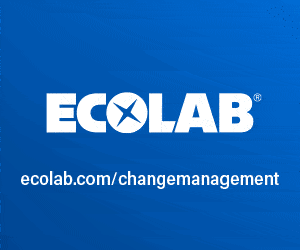There has been a growing need for the development of new treatments to address rare diseases, which often have limited or even no viable treatment options available. Since the signing of the Orphan Drug Act into law in the United States in 1983, the US Food and Drug Administration (FDA) has given special consideration to companies, providing “Fast Track status,” awarding research grants, and providing other incentives when certain criteria are met. These offer advantages to streamline the development of new therapies to treat rare diseases, and similar standards also exist in the United Kingdom and European Union. The acceleration of the clinical program reduces overall drug development timelines, which can bring CMC challenges along the way.
On May 30, join Dr. Asma Patel, Vice President of Integrated Development Services at Quotient Sciences, to hear about the different ways that global agencies have implemented accelerated regulatory pathways to expedite the development of novel therapies. Dr. Patel will discuss CMC strategies to manage the risks associated with accelerated submission pathways, up to and including the scale-up and commercial manufacturing of drug products. Register today for our upcoming webinar here





